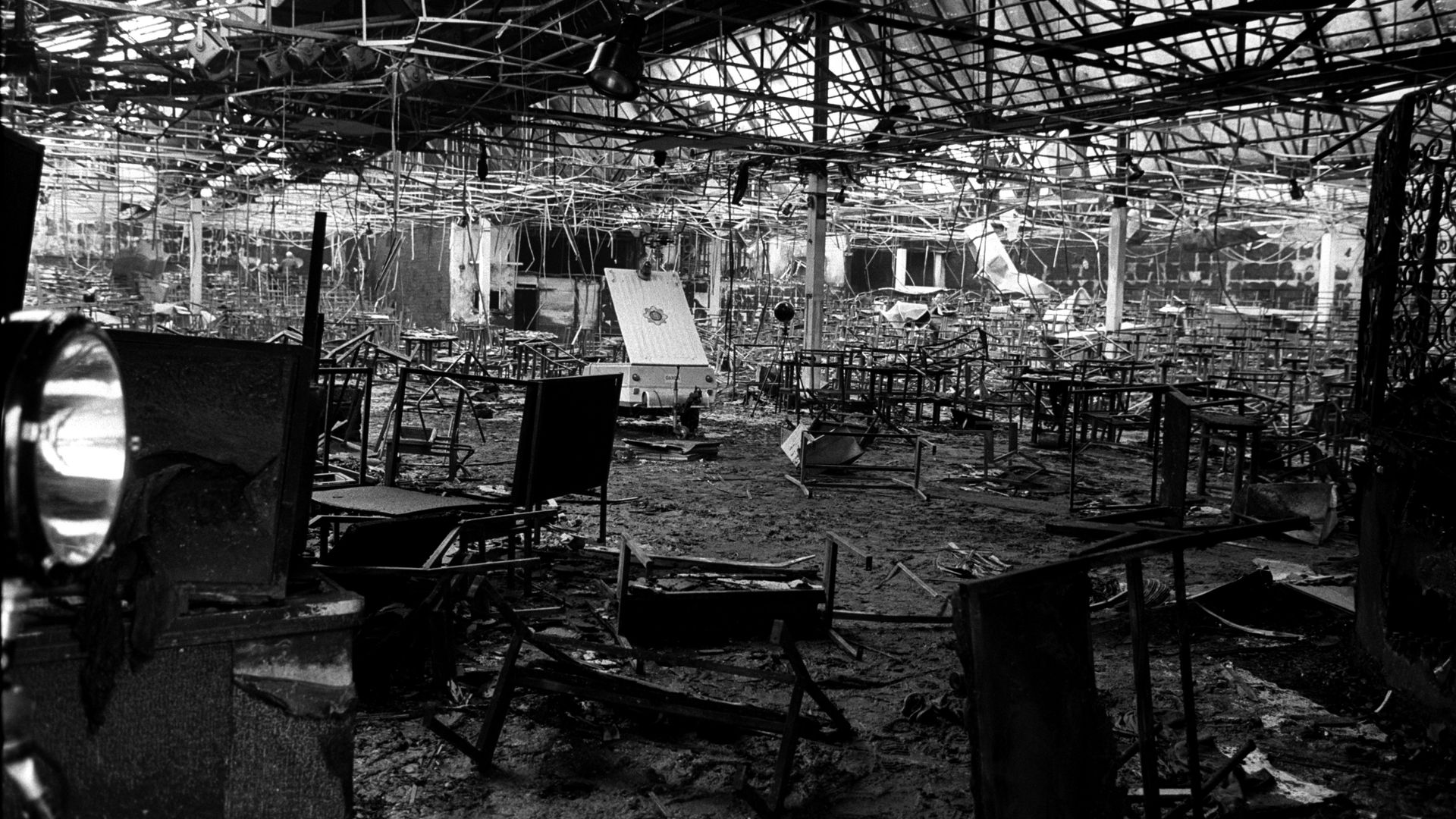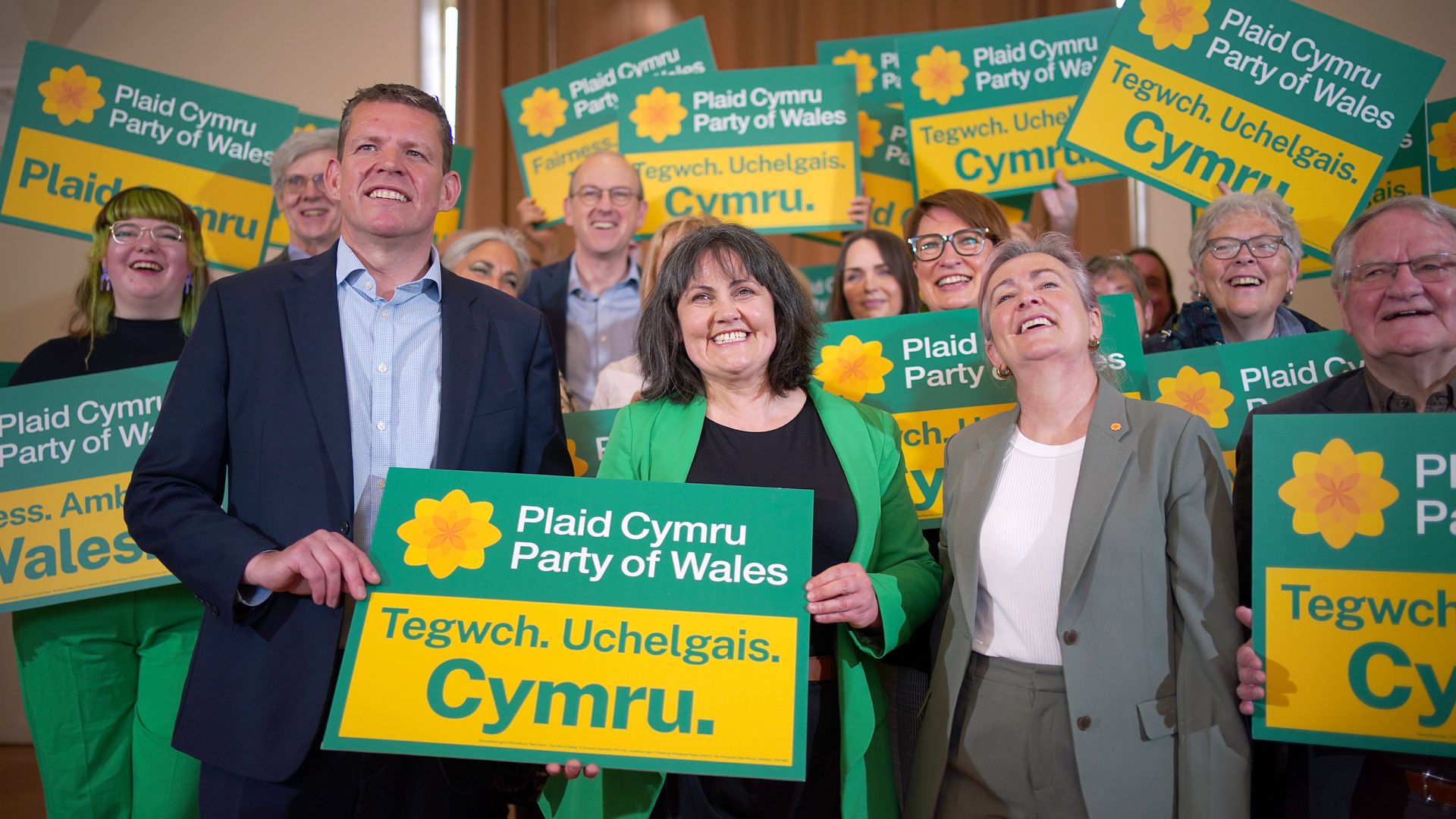The Irish premier has apologised on behalf of the state over the 1981 Stardust nightclub fire in which 48 people died.
A decades-long fight for justice culminated last week in an inquest finding that they had all been unlawfully killed in the Dublin tragedy.
Taoiseach Simon Harris said the state had failed families when “you needed us most” – and politicians stood in applause in parliament to acknowledge family members in the public gallery.
“I know you were forced to endure a living nightmare which began when your loved ones were snatched from you in a devastating fire,” Mr Harris said.
“I am deeply sorry you were made to fight for so long that they went to their graves never knowing the truth,” he added.
“Today we say formally and without any equivocation, we are sorry.
“We failed you when you needed us the most, from the very beginning we should have stood with you but instead we forced you to stand against us.”
Ireland’s prime minister apologises to families of Stardust nightclub fire victims after ’emotional’ meeting
Bloody Sunday: No perjury charges for former soldiers or alleged IRA member
Deaths of 48 people in 1981 fire at Dublin’s Stardust nightclub were unlawful killing, jury rules
Mr Harris said he hoped the inquest finding and Tuesday’s apology could help “end the neglect of 43 years waiting and fighting for the only thing you ever wanted, the truth”.
The taoiseach also met more than 70 people affected by the fire on Saturday to apologise.
The inquest ruling came after a previous finding, issued in 1982, said the fire was a result of probable arson – which the families never accepted.
That ruling was dismissed in 2009, leading to the latest inquest.
Please use Chrome browser for a more accessible video player
Keep up with all the latest news from the UK and around the world by following Sky News
The fire took place in the early hours of Valentine’s Day when the Stardust nightclub, in Artane, north Dublin, was packed with 800 people. More than 200 were injured.
The fire started because of an electrical fault in an airing cupboard, the jury ruled.
In the main ballroom, foam in seating, the height of an alcove ceiling and carpet tiles on walls all contributed to the spread of the blaze, the jurors found.
Ireland correspondent
“I never thought I’d see this day,” said Antoinette Keegan, speaking as she so often does, for all the relatives of the 48 Stardust victims.
In fact, make that 49, for during the long-awaited state apology, the taoiseach, (Irish PM) Simon Harris, remembered the unborn baby of 17-year-old Caroline Carey, who was pregnant when she died in Ireland’s worst fire disaster.
That was at the request of the families, and was a touch that emphasised the comprehensive and sincerely-delivered apology given by Ireland’s new prime minister.
It was 43 years in the making, but just five days since an inquest found the victims had all been unlawfully killed.
Another emotional day for the scores of survivors and relatives that gathered at Leinster House to hear the Irish state finally confess to its failings.
The speech was well-received. Mr Harris, wearing a Justice for the 48 lapel badge, was fulsome in both his praise for the strength and resilience of the families, and in his condemnation of the hostile actions of the Irish state “against” them.
He hit many key points the families wanted to hear, emphasising the “salt rubbed into your terrible wounds” by the authorities, and promising action on the inquest jury’s safety inspection recommendations, and on future commemorations of the Stardust tragedy.
This was Ireland – as a state, a government, as a nation – finally looking the Stardust victims squarely in the eye, and begging for forgiveness.
Issues such as the potential for a further criminal investigation or a new redress scheme are for another day. For Antoinette and the other survivors, the day they had never thought would come has yet to be fully digested.
Read more:
How Stardust was seared into Irish consciousness
Sinn Fein leader Mary Lou McDonald said today that the “big lie” the fire had been caused by arson “smeared” and “criminalised the victims and survivors”.
“It was a lie that devastated families and further traumatised survivors,” she said.
“To this day those families and survivors still ask who crafted that lie? Who spun it, who spread it and why? What was their motive? And who were they protecting?
“Forty-three years on and they still don’t have the answer to those questions.”





